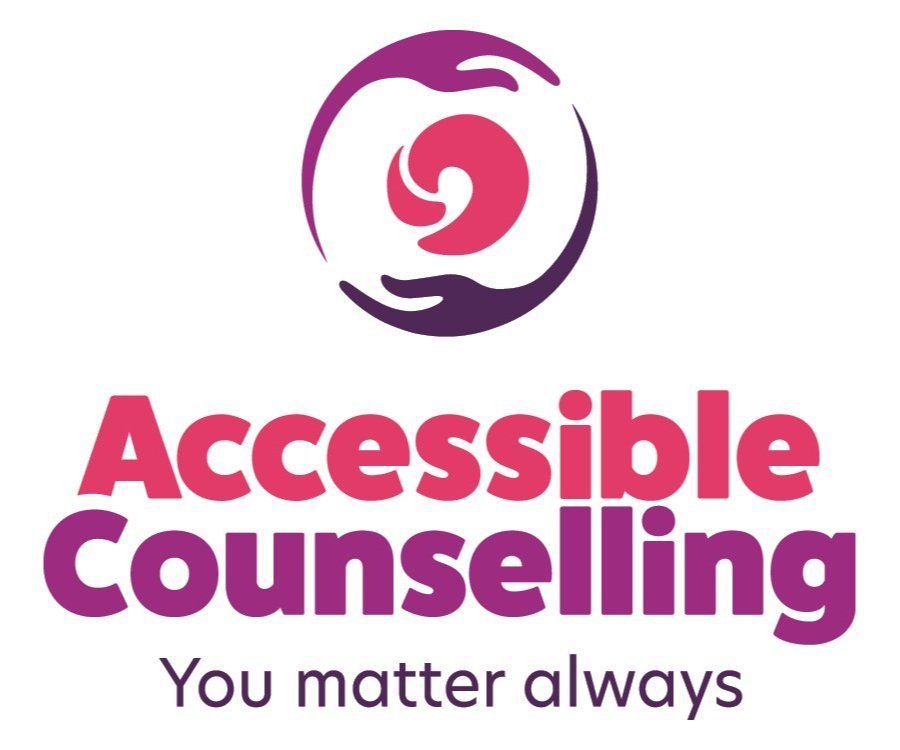
A Different Approach to Mental Health and Well-being
–some Food for Thought
The current Head of the British Psychological Society is Peter Kindermann. He has a radical approach to the issue of mental health and well-being.
Kindermann argues from evidence based research that biology appears to be a long way from finding and explaining the causes of mental illness. He also observes that the associated effects of poverty and childhood trauma much more closely link to poor mental health, however they do not always predict who will have poor mental health and who will not. He argues that the causes of mental illnesses are in 'disturbed psychological processes' that can be caused by biological events, social factors or life events.
One major factor he notes is the level of 'rumination' that an individual reports. He cites a study of 32,000 people from 172 countries where negative thoughts and rumination – running over and over specific life events – rather than the life events themselves - led to anxiety and depression.
He therefore argues that looking after individuals with mental illness should not be about diagnosis and drugs but about listening to individual stories and descriptions of how things are for them rather than mass diagnosis. To use medication as a pragmatic way to reduce distress not as treatment in and of itself and tailor services to individual needs – ‘care not coercion’.

Increasing wellbeing
A further set of evidence based work from P Kindermann and the University of Liverpool is a study of what helps increase individual's mental wellbeing. I have listed them below with some of my suggestions on how this could be used.
1. Keep active each day – use online apps to keep active, either exercise apps, step counters or apps that encourage individual's to have a purpose to go out – for example Pokémon Go or my mental health mates
2. Maintain relationships as positive friend and family relationships can make a significant difference – use of online media such as Whatsapp or Skype to maintain friendships, use online world to identify places to go and meet people safely
3. Keep our brains active – online learning courses, open university or using the web to locate classes that teach an area of interest for you
4. Give your time and energy to a charity or community as giving to others significantly increases feelings of wellbeing in ourselves – use the web to source volunteering options such as https://www.ncvo.org.uk/ncvo-volunteering/i-want-to-volunteer/
5. Be open minded and mindful, attempt to be aware of the present, our own thoughts, feeling world and bodies and reduce rumination – can use counselling and online counselling but also mindfulness apps. Kindermann and colleagues have also developed their own free app for monitoring and managing thoughts and emotions called Catch It – appstore.liv.ac.uk/catch-it
Other resources:
https://www.getselfhelp.co.uk/ a very useful set of online resources for a range of issues. They have a cognitive behavioural origin and are very useful for you to work through on your own. If any issues arise whilst working through a resource and you would like counselling support please do contact me at alisondlawrence@gmail.com
Other resources:
https://aaronbalick.com/ a useful website for more information about online counselling and psychodynamic work
A prescription for Psychiatry – why we need a whole new approach to mental health and wellbeing. P Kindermann, 2014

